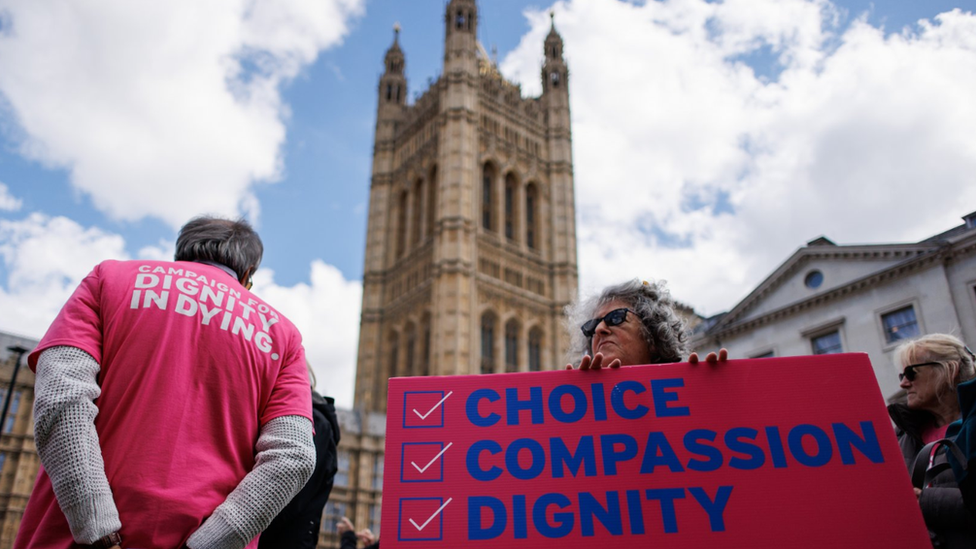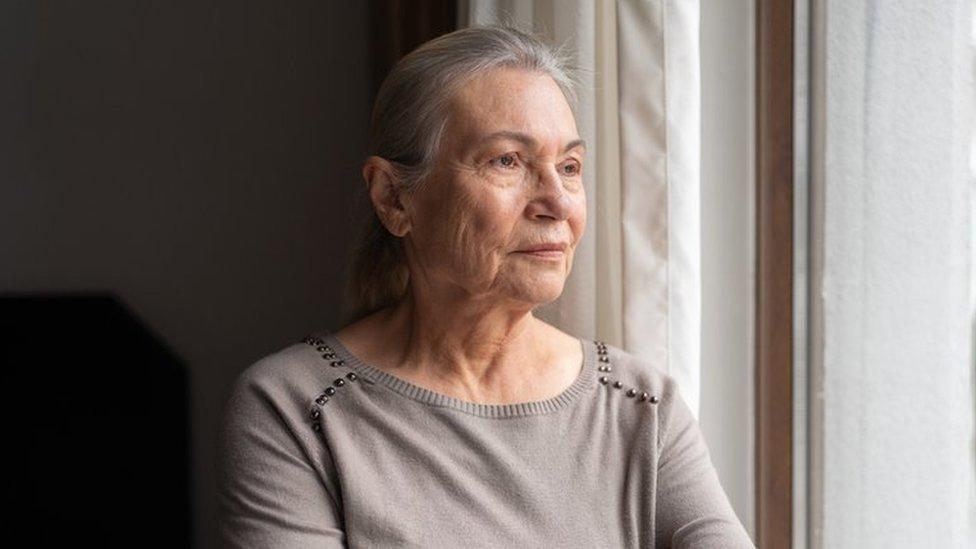GP in Shipman Inquiry is now pro-assisted dying
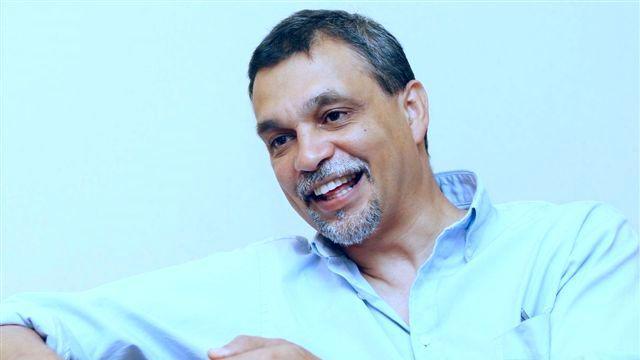
Aneez Esmai say he changed his position after being unable to help a patient
- Published
A doctor who was part of the inquiry into serial-killing GP Harold Shipman has changed his stance on assisted dying after feeling "helpless" to ease the suffering of a terminally ill cancer patient in "terrible pain".
Dr Aneez Esmail was medical adviser to the 2000 inquiry into Shipman, who murdered 15 people between 1995 and 1998 while working as a GP in Greater Manchester.
He has written to MPs urging them to support new assisted dying laws for the terminally ill ahead of a vote in Parliament.
Dr Esmail said an assisted death should be the choice of patients not doctors, and new safeguards would make end-of-life care "safer for everyone".
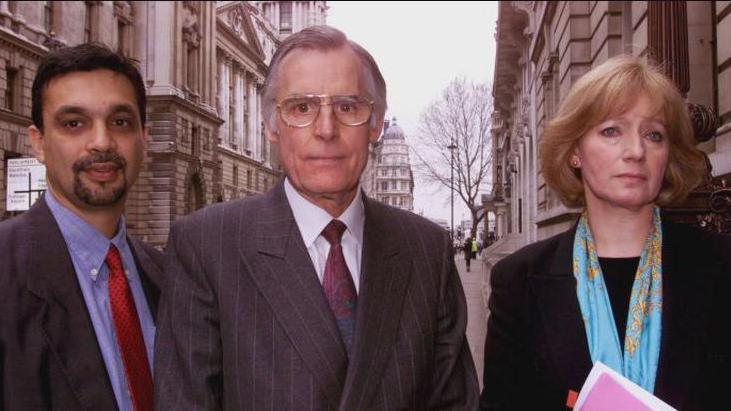
Dr Aneez Esmail (left), pictured in 2000 with Lord Laming and Prof Hazel Genn, was part of the Shipman Inquiry team
The GP, who works as a professor at the University of Manchester, had been opposed to assisted dying until an experience with a terminally ill cancer patient six years ago.
"He says, 'I know I'm going to die but I would love to have you help me die', and I explained to him that I couldn't," Dr Esmail said.
"He wasn't able to swallow, he was delirious, he was in terrible pain.
"We couldn't control his pain and he was incredibly distressed and there was nothing we could do."
'Dose of morphine'
The doctor, who has become a trustee of pro-assisted dying campaign group Dignity in Dying, said he and his team had felt "helpless" over his patient.
"I could have said 'OK, I've decided that you can no longer take this'.
"You've already discussed it with me, nothing's written, nothing said, and I give him a dose of morphine which will kill him and and and not say anything to anyone.
"And then just ring his son and said, you know, 'your dad died peacefully and everything's all right now'."
He said that scenario was familiar for many doctors and puts them under an "incredible burden".
Dr Esmail was the medical adviser to the Shipman Inquiry, which led safeguards to be put in place to implement more oversight of doctors and the control of lethal drugs following Shipman's crimes.
Shipman, who is thought to have murdered hundreds of other people by administering fatal doses of drugs, had found "loopholes that allowed him to kill at will", Dr Esmail said.
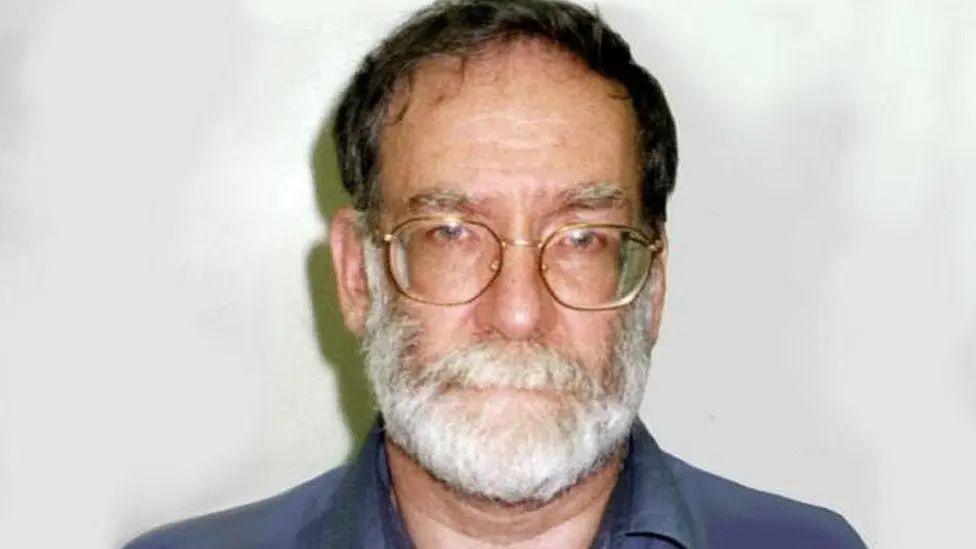
Shipman, the UK's most prolific serial killer, hanged himself in his cell in 2004
His comments come as Health Secretary Wes Streeting said he would vote against changing the law because he did not believe the palliative care system was good enough to support assisted dying.
It comes ahead of a debate expected in November on a bill proposing to give terminally ill adults in England and Wales, nearing the end of their lives, the right to choose to shorten their deaths if they wish.
Changes to the law are also being considered in the Isle of Man, Scotland and Jersey.
Streeting has also spoken of concerns about a "slippery slope" - which Archbishop of Canterbury Justin Welby has also warned of.
Former Paralympian Baroness Tanni Grey-Thompson has also previously told the BBC she was worried about the impact on vulnerable and disabled people, as well as the possibility of coercive control and the ability of doctors to predict how long a patient has left to live.
'The law's a mess'
But citing the Shipman case as a reason against legalising assisted dying was "inappropriate and misguided", Dr Esmail wrote in his letter to MPs.
He said moving power from doctors to patients would help shift the medical profession away from a "paternalistic culture".
"Coupled with the greater regulation and oversight that an assisted dying law would bring, this would help prevent future situations involving bad actors within the medical system who have the means to carry out crimes."
"The law's a mess and patients don't get any security, any safeguards, and nor do doctors," he said.
Dr Esmail added Streeting was correct to say palliative care and the wider NHS was "in terrible shape".
"But I can't understand why that should be a reason for refusing people the choice of an assisted death".
Listen to the best of BBC Radio Manchester on Sounds and follow BBC Manchester on Facebook, external, X, external, and Instagram, external. You can also send story ideas to northwest.newsonline@bbc.co.uk, external and via Whatsapp to 0808 100 2230.
Related topics
- Published24 October 2024
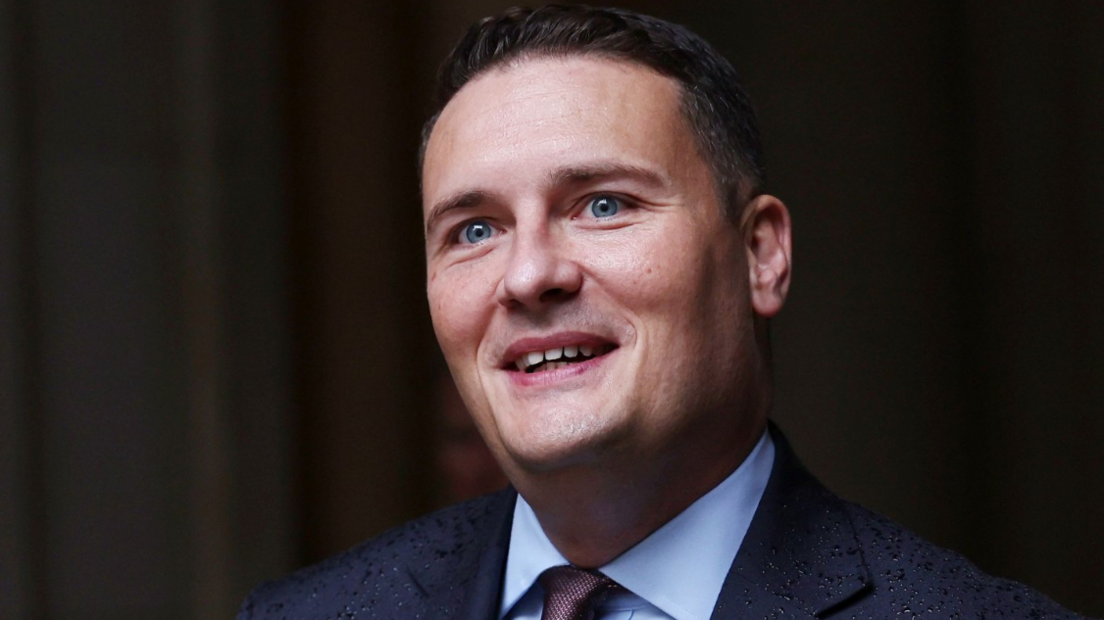
- Published29 April 2024
